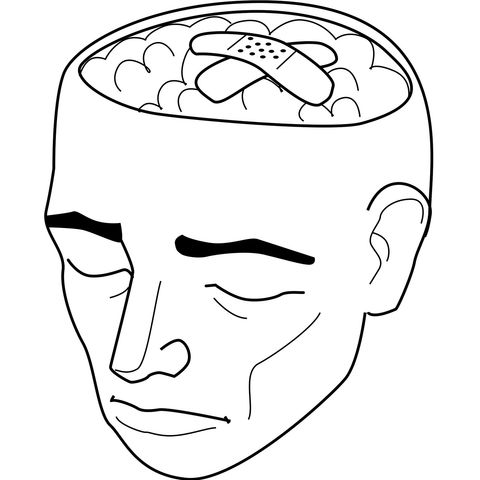Strokes and TIAs in the CHD Patient
May 16, 2017 ·
28m 43s

Download and listen anywhere
Download your favorite episodes and enjoy them, wherever you are! Sign up or log in now to access offline listening.
Description
People who are born with congenital heart defects (CHDs) are at greater risk for having a TIA (mini-stroke or transcient ishchemic attack) or stroke. A stroke occurs when there is...
show more
People who are born with congenital heart defects (CHDs) are at greater risk for having a TIA (mini-stroke or transcient ishchemic attack) or stroke. A stroke occurs when there is bleeding into the brain (hemorrhagic stroke) or a blood clot blocking blood going into (or through) the brain -- which is called an ischemic stroke.
Many people who have CHDs have rhythm problems and these electrical problems with the heart can lead to TIAs or strokes. Additionally, some people with CHDs have valve problems, holes in their hearts or heart failure. All of these conditions create an environment that is conducive to the formation of blood clots or blockages which could lead to a stroke. This is why it's extremely important for people with CHDs to be aware of the warning signs of strokes or TIAs.
Carol Raimondi, a CHD and Stroke Survivor, is today's Guest Host. She interviews TIA survivor, Frank Lynn, and Stroke Survivor, Terese Quarino, about what happened to them when they suffered their neurological event, what warning signs presented themselves, how the Survivors reacted to those warning signs and what advice they have for other Heart Warriors. This is a very important topic for all Heart Warriors and their families.
For more information about CHDs and strokes, check out this webpage: https://www.verywell.com/heart-disease-that-leads-to-stroke-4083060.
show less
Many people who have CHDs have rhythm problems and these electrical problems with the heart can lead to TIAs or strokes. Additionally, some people with CHDs have valve problems, holes in their hearts or heart failure. All of these conditions create an environment that is conducive to the formation of blood clots or blockages which could lead to a stroke. This is why it's extremely important for people with CHDs to be aware of the warning signs of strokes or TIAs.
Carol Raimondi, a CHD and Stroke Survivor, is today's Guest Host. She interviews TIA survivor, Frank Lynn, and Stroke Survivor, Terese Quarino, about what happened to them when they suffered their neurological event, what warning signs presented themselves, how the Survivors reacted to those warning signs and what advice they have for other Heart Warriors. This is a very important topic for all Heart Warriors and their families.
For more information about CHDs and strokes, check out this webpage: https://www.verywell.com/heart-disease-that-leads-to-stroke-4083060.
Information
| Author | Anna Jaworski |
| Organization | Anna Jaworski |
| Website | - |
| Tags |
Copyright 2024 - Spreaker Inc. an iHeartMedia Company
